The new facility focuses on the development of genome editing techniques
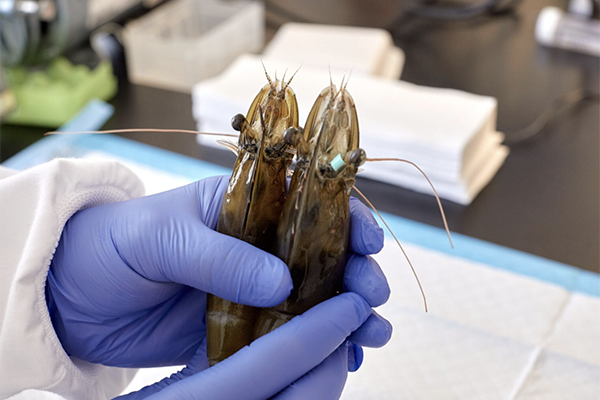
San Diego, Calif.-based The Center for Aquaculture Technologies (CAT) opened a Shrimp Genetics Innovation Center to help the global shrimp aquaculture market meet disease-related and other ongoing production challenges.
Its state-of-the-art facility features a cutting-edge genome editing lab and tank space, which quadruples CAT’s shrimp research capacity. The facility aims to revolutionize shrimp genetic performance and accelerate next-generation breeding through genome editing techniques.
Genome editing allows for the precise and rapid recreation of changes that would occur in nature. CAT said it is committed to helping shrimp producers do more with less through the development and application of genome editing technology and methodology, which can solve problems that conventional breeding methods are unable to address.
“The increase in rearing and research capacity means we are even better prepared to deliver innovations to boost efficiency in the shrimp industry through genome editing,” said Facility Manager Matt Stone. “Our team is excited to be working in this new space and looks forward to helping clients achieve their goals.”
“With this investment, we have further solidified our position as a leader in the delivery of impactful genetic solutions to help shrimp producers feed the world more efficiently,” added Dr. John Buchanan, CEO.
The facility is dedicated to the memory of Dr. Richard H. Towner, who served as a trusted advisor to CAT, which also operates a Finfish Genetics Innovation Center.
Now that you've reached the end of the article ...
… please consider supporting GSA’s mission to advance responsible seafood practices through education, advocacy and third-party assurances. The Advocate aims to document the evolution of responsible seafood practices and share the expansive knowledge of our vast network of contributors.
By becoming a Global Seafood Alliance member, you’re ensuring that all of the pre-competitive work we do through member benefits, resources and events can continue. Individual membership costs just $50 a year.
Not a GSA member? Join us.
Author
Tagged With
Related Posts
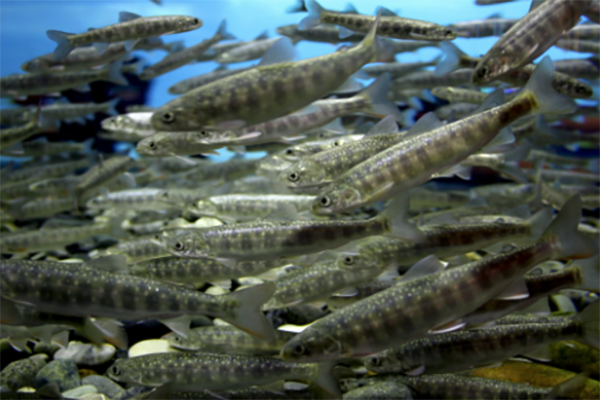
Intelligence
Arctic char producer partners with custom genetics firm CAT
The Center for Aquaculture Technologies teams with Canada’s Icy Waters Ltd. on a new breeding program for Arctic char raised in RAS.
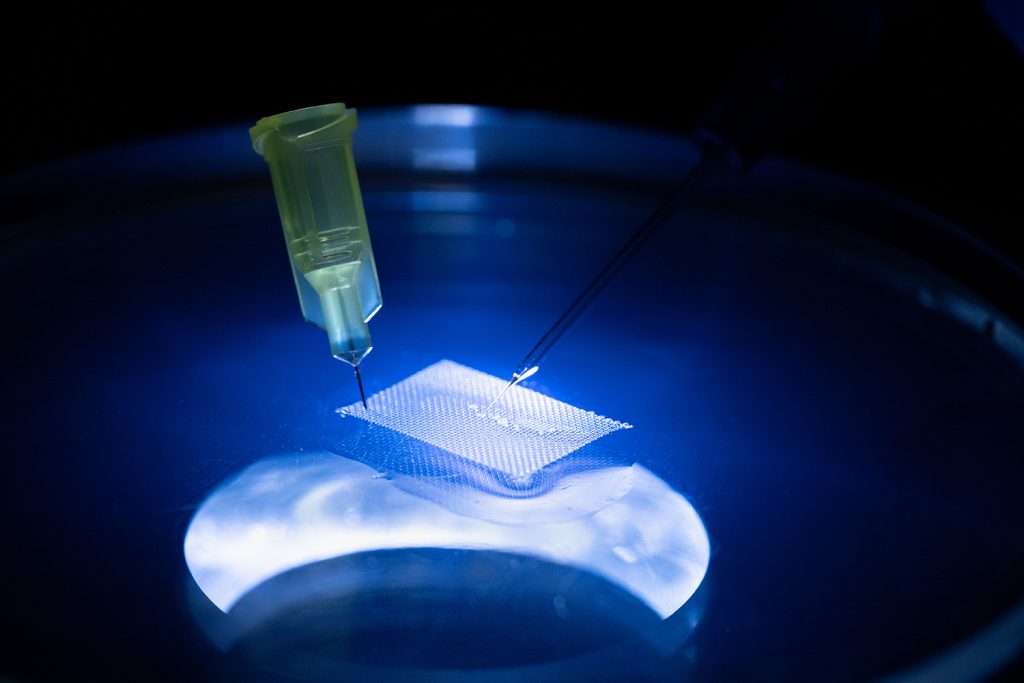
Innovation & Investment
Overcoming the ‘sterility paradox’: How new gene editing technology can solve it and benefit aquaculture
GOAL 22: Monosex sterile fish are good for farms but not hatcheries. The Center for Aquaculture Technologies solves this paradox at commercial scale with novel gene-editing technology.
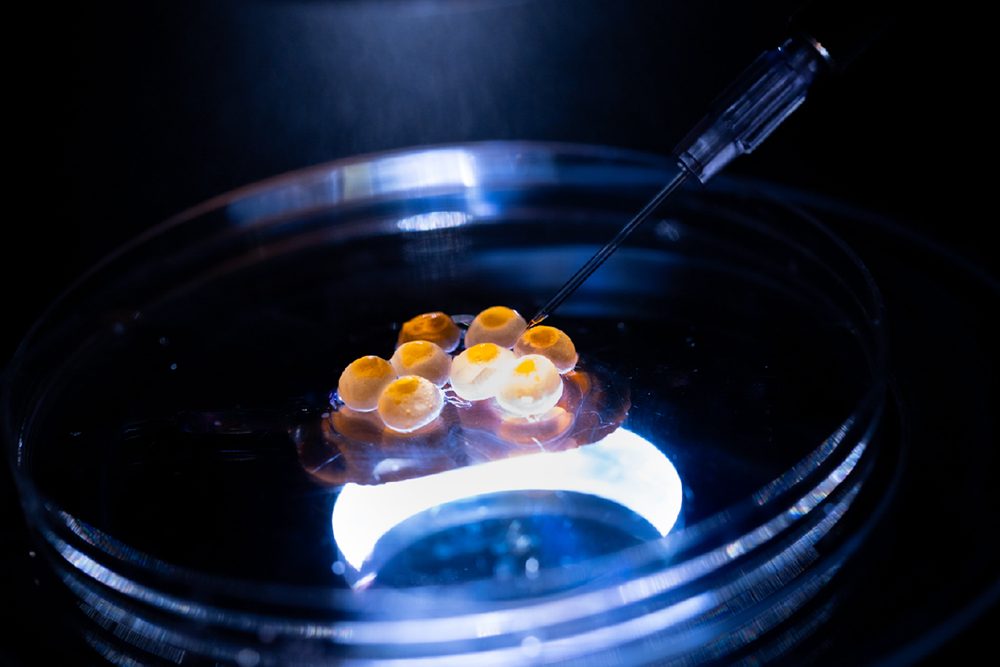
Innovation & Investment
With tools like CRISPR, can genome editing deliver more resilience for aquaculture?
Research in Japan shows genome editing can improve muscle growth in farmed fish, resulting in less feed and boosting disease resistance.
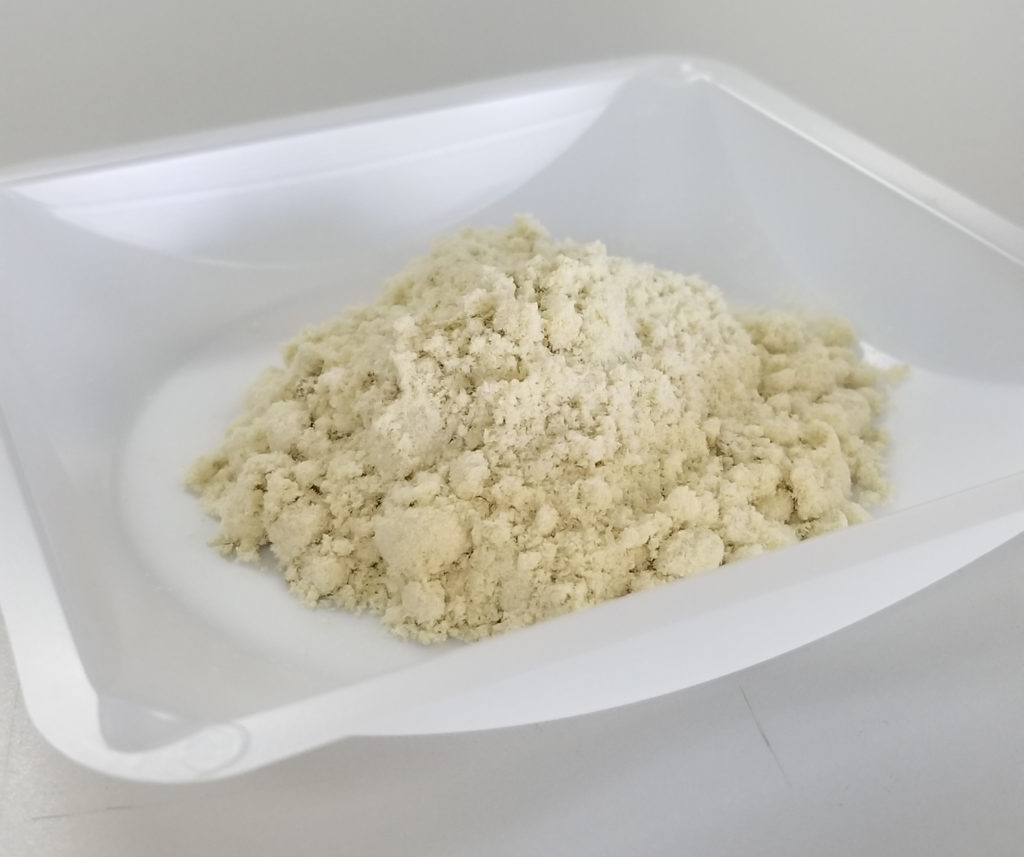
Aquafeeds
U.S. biotech firm targets shrimp with SCP ingredient
ProTyton is an anaerobically produced single cell protein (SCP) feed ingredient for farmed shrimp. Its maker says it boosts immunity, survival and growth.



